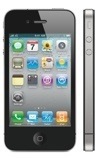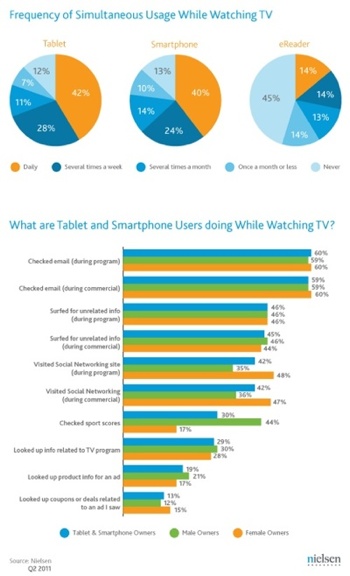Chalk it up to the influence of the iPhone. Touchscreens can claim as much credit for the booming success of smartphones as can 3G data speeds.
In the time prior to the launch of the original iPhone, smartphones with touchscreens have gone from 7% of the total smartphone volume in 2006 to 75% in 2010, and were a key driver to the market growing more than 325% over that period, says ABI Research (http://www.abirsearch.com). Over the next five years, touchscreens will be as pervasive in smartphones as Wi-Fi chipsets are today, reaching 97% of all smartphones by 2016, according to the research group.
The screen is the point of fulfillment for all that a mobile device promises to deliver to its user, so there is little surprise in the impact it can have on its success. However, it was the evolution of screen and touch technologies that triggered the market’s rapid growth.
The more economical resistive touch technology has been almost universally replaced in smartphones with the more elegant projected capacitive technology that was first introduced in mobile phones through the iPhone. Screen and touch technologies continue to evolve and are starting to reshape the markets for other classes of mobile devices.
“Low-cost capacitive touch controllers that use just a single layer of sensors instead of two, and save as much as 30% on the cost, are opening the market for lower-end feature phones,” says Kevin Burden, vice president, mobile devices. “And eReaders, which are the most fragmented device category in both display and touch technology, now have options that not only enable finger touch, but are at a cost that could standardize the segment’s displays.”



